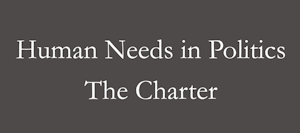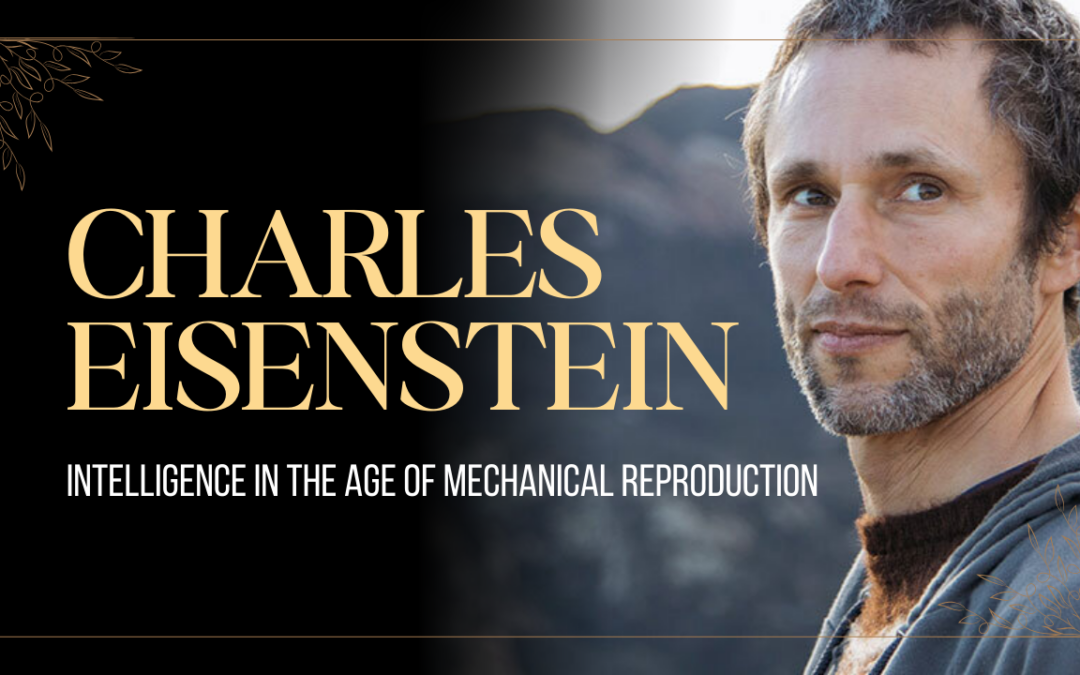


Intelligence in the Age of Mechanical Reproduction by Charles Eisenstein
Intelligence in the Age of Mechanical Reproduction by Charles Eisenstein Let’s start with the obvious. When human beings outsource any physical or cognitive function to other people or to machines, that function may atrophy within themselves. New functions may open...
What are the downsides of digital? Iain McGilchrist talks to Fraser Battye
What are the downsides of digital? Iain McGilchrist talks to Fraser Battye Better use of analysis and decision making, Inequalities, System thinking and system working, Wider determinants of health and prevention October 2024 Photo by Giu Vicente on Unsplash Making a...
Raging against the machine
Raging against the machine 26 October 2024, The Tablet One of our most influential thinkers tells Abigail Frymann Rouch that the ever-proliferating crises facing the world can be traced back to society’s loss of a sense of humility and an obsession with hubristic...
Integrar ciencia y espiritualidad, el camino del reconocido psiquiatra británico Iain McGilchrist
Integrar ciencia y espiritualidad, el camino del reconocido psiquiatra británico Iain McGilchrist 19 de septiembre de 2024 Integrar ciencia y espiritualidad, el camino del reconocido psiquiatra británico Iain McGilchrist En un mundo dominado por la racionalidad y la...
Revival – Really? Are we Moving Beyond the Secular Scepticism of Religion? by Abigail Frymann Rouch
Whisper it if you will, but an increasing number of observers are wondering if we are creeping towards some kind of Christian revival. High-profile public figures such as former atheist author Ayaan Hirsi Ali, novelist Paul Kingsnorth, comedian Russell Brand and storyteller Martin Shaw have converted. Articles and podcasts from secular writers and thinkers extolling Christianity’s influence on Western culture, the societal benefits of faith, or a renewed appreciation of the sacred, are becoming a more common sight than those tub-thumping for atheism. .
